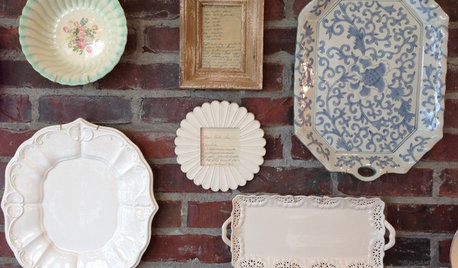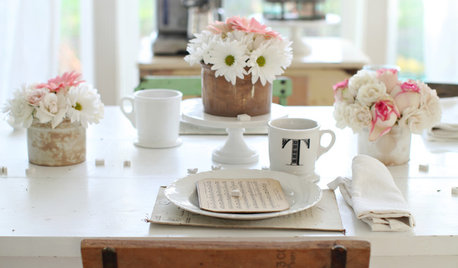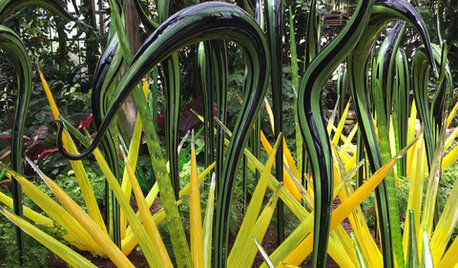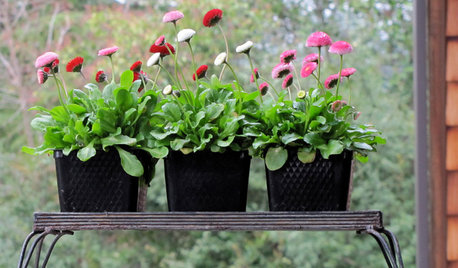Weekend Trivia: Saturday
cyn427 (z. 7, N. VA)
12 years ago
Related Stories

MOST POPULAR10 Steps to a Happier Weekend
Savor your precious days off while still checking off to-do’s by following this simple plan
Full Story
HEALTHY HOMEEasy Green: Weekend Detox for Your Home
A few small changes to your home over the weekend can help improve your health (and your cash flow) every day
Full Story
LIFESimple Pleasures: A Relaxed Weekend at Home
To recharge your batteries, think about what you want to do, not what you have to do, during your precious respite
Full Story
DIY PROJECTS10 Home Projects to Work On Over Your Holiday Weekend
Make the most of your time windfall by accomplishing one of your back-burner tasks
Full Story
ENTERTAININGSummer Living: How to Welcome Weekend Guests
Thoughtful touches and smart planning make summer visitors feel right at home
Full Story
EVENTSSee ‘Chihuly in the Garden’ at the Atlanta Botanical Garden
The glass artist’s work is well-sited to complement and contrast with beautiful plantings. His new installation opens Saturday
Full Story
EVENTSGet Inspired at the 40th Annual American Craft Council Show
In San Francisco this weekend? Celebrate modern design and craft at the West Coast’s largest show of handmade creations
Full Story
LIFEReluctant DIYer’s Diary of a Dresser Makeover
Weekend project: Glossy new black-and-white dresser, hold the sandpaper
Full Story
INSIDE HOUZZWhat Mom Wants for Mother’s Day
You’re right about a nice dinner and time with family. Here’s what else will make Mom happy this weekend
Full Story
EVENTSTour 7 Stunning New York Gardens
See how garden designers landscape a living roof, a farmhouse pool area, small backyards and more
Full Story





thinman
aftermidnight Zone7b B.C. Canada
Related Professionals
East Rancho Dominguez Landscape Architects & Landscape Designers · Caldwell Landscape Contractors · East Chicago Landscape Contractors · Mission Landscape Contractors · New Cassel Landscape Contractors · Smyrna Landscape Contractors · Uxbridge Landscape Contractors · Vermilion Landscape Contractors · Winter Gardens Landscape Contractors · Casselberry Landscape Contractors · Norridge Landscape Contractors · Knoxville Roofing & Gutters · Bonita Siding & Exteriors · Massapequa Siding & Exteriors · Menomonee Falls Siding & Exteriorscyn427 (z. 7, N. VA)Original Author
thinman
Ginny McLean_Petite_Garden
Ginny McLean_Petite_Garden
aftermidnight Zone7b B.C. Canada
cyn427 (z. 7, N. VA)Original Author
midnightsmum (Z4, ON)
Ginny McLean_Petite_Garden
cyn427 (z. 7, N. VA)Original Author
Ginny McLean_Petite_Garden
thinman
midnightsmum (Z4, ON)
aftermidnight Zone7b B.C. Canada
cyn427 (z. 7, N. VA)Original Author
thinman
Ginny McLean_Petite_Garden
cyn427 (z. 7, N. VA)Original Author
Ginny McLean_Petite_Garden